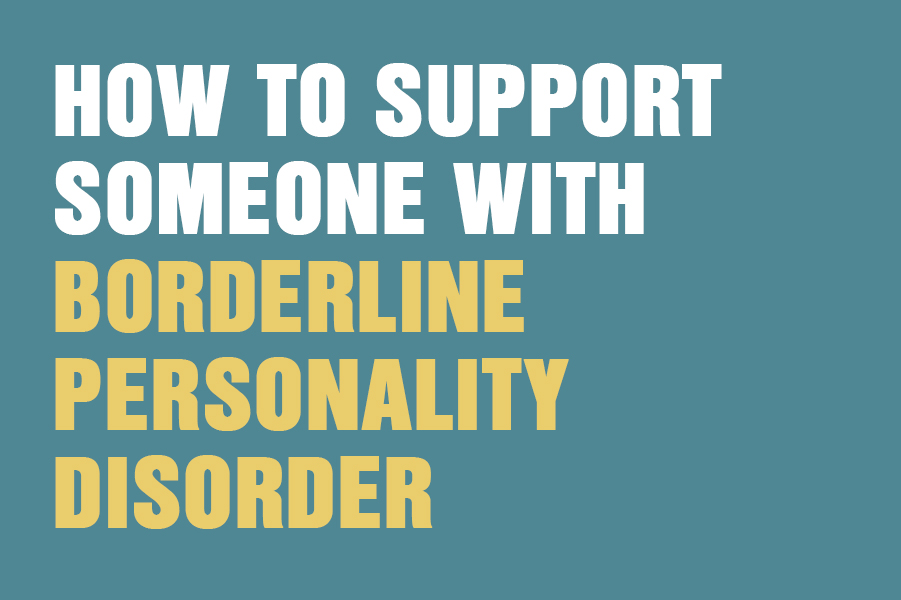You don’t have to drink a bottle of vodka at breakfast and land in the gutter by lunchtime to have addiction issues. Addiction to alcohol can creep up on you. Anyone from any walk of life – young, old, rich, poor – can be susceptible to alcohol dependency.
Most people who drink alcohol regularly tend to consume way over the recommended units per week – which is now set by the NHS at 14 units for men and women. Units were initially measured years ago when wine and beer had lower alcohol content. Yet these days it can be difficult to calculate just how many units you’re actually consuming when you have a standard 125ml glass of wine in an upmarket restaurant. In bars, too, they’ll ask if you want a small (175ml) or large (250ml) glass – and while there are on average 10 units in a bottle of wine, it can be hard to keep track of your units when you don’t know how strong the wine is. If you’re curious to know your units and the impact they’re having on your life, Alcohol Concern offers a helpful Unit Calculator.
So, how can you tell if you’re just a heavy drinker who enjoys a few nights out, or whether you’re becoming addicted to alcohol?
Addiction as a term can include alcohol dependency and alcohol abuse. Dependency tends to be habitual drinkers: they tend to crave alcohol every day, and might have a couple of glasses of wine with dinner. If you get into the habit of doing this without thinking, and really miss that glass of wine if you don’t have it, then you could be alcohol dependent. The drinker who abuses alcohol tends to be a binge drinker. This could be every Friday night, or even once a month, when they go out with the intention to knock back beers and shots and get drunk.
If you can’t imagine life without alcohol, or if you start planning your week around when you’re going to have a drink, then this is a sign that your social drinking may be developing into something more serious.
If you’re always the first one to the bar – and when you finish your first drink you’re already craving another – then this is another sign that your relationship with alcohol may not be healthy.
If you wake up in the morning with a terrible hangover, swearing that you will never drink again – and then find yourself down the pub at lunchtime for a ‘hair of the dog’ – that is a sign that alcohol is starting to take control of you, rather than the other way round.
Some people don’t know when or how to stop, even when aspects of their lives begin to unravel. They may choose alcohol over other commitments – such as family, work and relationships – and they may not take responsibility for these roles and instead choose to keep drinking. There’s a good old saying if alcohol costs you more than money then you have a problem.
Problem drinkers may aim to manage their drinking so they’re only consuming alcohol two or three days a week, and the other days they’re dry. Addicts would struggle with this as for many it is all or nothing. However, addicts can stop once they make a decision to become abstinent – and stick to it. However, managing their recovery can be a challenge if they’re struggling with not drinking, and some people do end up relapsing.
Addiction Issues
Addiction issues often do not work in isolation. Addicts will be dependent on another substance or behaviour, which could be food, drugs, sex, shopping, or a combination of many things. Even when people abstain from drinking, their addiction may manifest elsewhere, such as extreme dieting, compulsive gym-going, overworking, or obsessing over someone they’re in relationship with. If you’re struggling with one or more compulsions and need help in managing them, we offer professional addiction counselling services with leading psychotherapists.
Sometimes people can be creative, smart and successful. But when obsession kicks in they can become addicted, anxious and depressed. Alcoholism is progressive. It can sneak up on you. Staying aware of how much you drink and how you feel about alcohol can keep you on track.
If you think about alcohol every day then it becomes an obsession. The effects of alcoholism can also spill into close relationships, too. The ups and downs of an alcoholic’s life can be played out in dramatic arguments and other destructive behaviours in a relationship. Being with an addict can feel like an emotional rollercoaster, from anger to impotence to needing to rescue – all of which can add up to co-dependency, which in itself is a form of addiction.
If you feel you have an issue with alcohol and are struggling to manage, you may find that talking to someone can help feel more able to cope and make decisions about what happens next. If you decide to give up alcohol and want a life of sobriety, AA is a route that many choose, and there are multiple meetings every day all over the country.
If you feel you would like some support not just with alcohol but with underlying issues too, then therapy could be an option for you. We have a team of addiction counsellors who will be able to help. Just call 020 8673 4545 or email [email protected] for a confidential appointment.








